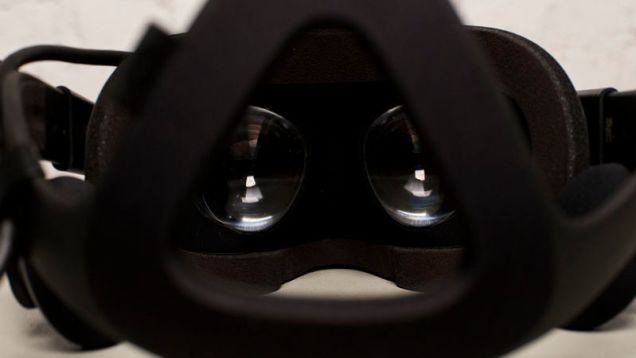Page 10771
The technology to make starships work is still way off — but that isn’t stopping us from thinking about how it might work.
Apr 3, 2016
Tesla Unveils Model 3 | Tesla Motors
Posted by Odette Bohr Dienel in categories: automation, business, Elon Musk, energy, innovation, robotics/AI, science, sustainability, transportation

Tag: Tesla
Apr 3, 2016
New link between quantum computing and black hole may solve information loss problem
Posted by Andreas Matt in categories: computing, cosmology, quantum physics
Apr 2, 2016
Device turns your phone into 3D printer
Posted by Shailesh Prasad in categories: 3D printing, mobile phones
Apr 2, 2016
Watch a Tesla drive itself through I-65 rush hour traffic
Posted by Dan Kummer in category: transportation
Apr 2, 2016
There Are Some Super Shady Things in Oculus Rift’s Terms of Service
Posted by Sean Brazell in categories: ethics, virtual reality
This is NOT the way to encourage people to use this device, nor develop anything for it at all. Shame on them!
“By submitting User Content through the Services, you grant Oculus a worldwide, irrevocable, perpetual (i.e. lasting forever), non-exclusive, transferable, royalty-free and fully sublicensable (i.e. we can grant this right to others) right to use, copy, display, store, adapt, publicly perform and distribute such User Content in connection with the Services. You irrevocably consent to any and all acts or omissions by us or persons authorized by us that may infringe any moral right (or analogous right) in your User Content.”
The Oculus Rift is starting to ship, and we’re pretty happy with it. While it’s cool, like any interesting gadget, it’s worth looking through the Terms of Service, because there are some worrisome things included.
Continue reading “There Are Some Super Shady Things in Oculus Rift’s Terms of Service” »
Apr 2, 2016
All quantum communication involves nonlocality
Posted by Andreas Matt in categories: computing, particle physics, quantum physics
Researchers of CWI, University of Gdansk, Gdansk University of Technology, Adam Mickiewicz University and the University of Cambridge have proven that quantum communication is based on nonlocality. They show that whenever quantum communication is more efficient than classical communication, it must be possible find a nonlocal correlation somewhere. Their paper ‘Quantum communication complexity advantage implies violation of a Bell inequality’, appeared in this month’s issue of the influential journal PNAS.
It has long been known that quantum mechanics predicts counterintuitive effects such as instantaneous interaction at a distance between entangled particles. This teleportation effect, which Albert Einstein famously called ‘spooky action at a distance,’ was long thought to show that the theory of quantum mechanics was incomplete. However, in 1964, physicist J.S. Bell proved that no theory involving the principle of locality can ever reproduce all predictions of quantum mechanics. In other words, it is impossible to find classical explanations for quantum correlations. This evidence for the existence of nonlocality became known as Bell’s inequality.
For a long time, the existence of quantum correlations was merely of interest to philosophically minded physicists, and was considered an exotic peculiarity rather than a useful resource for practical problems in physics or computer science. This has changed dramatically in recent years. Quantum correlation proved to be very useful in information processing. In several communication tasks, using quantum effects substantially reduced the communication complexity: the minimum number of steps necessary to complete a certain task between two parties. In such cases, there is a so-called quantum advantage in communication complexity.
Apr 2, 2016
Of mice and old men: is the elixir of youth finally coming of age?
Posted by Montie Adkins in categories: bioengineering, biotech/medical, genetics, life extension, neuroscience
Preliminary work suggests that T-cells, which normally target disease, can be genetically engineered to target senescent cells in a wide range of tissues. In future, an infusion of GM blood every few years might be able to keep you going indefinitely (assuming some major advances in treating cancer, Alzheimer’s and heart disease). At which point, the question might be less: “How long have I got?” and more: “How long do you fancy sticking around?”
American scientists have coined the term ‘senolytics’ to describe a new class of drugs designed to delay the ageing process by clearing out doddery cells.
Apr 2, 2016
How Long Before I Can 3D Print A Replacement Body For Myself?
Posted by Klaus Baldauf in categories: 3D printing, futurism
Thomas Frey’s futurist predictions will leave you beyond enlightened. Learn more about 3D printing in the future by clicking here!
















